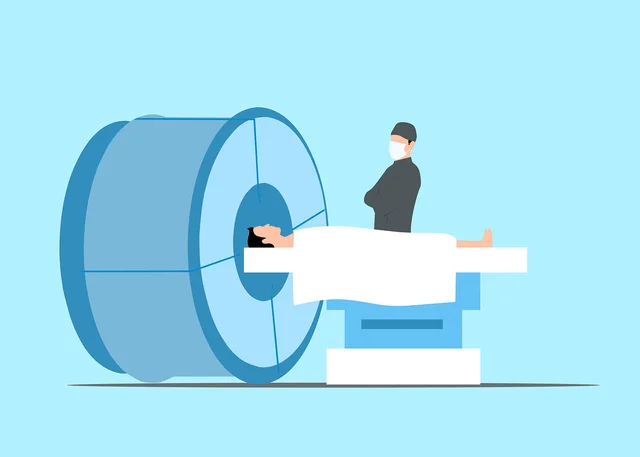Prevention of Cancer: How to Reduce Your Risk
The leading cause of death worldwide is cancer. Over 10 million people get diagnosed each year with cancer, while 8 million die annually. Although cancer can strike any area of the body at any time, the most prevalent types are breast, lung and prostate cancers. There is no way to predict whether someone will develop cancer. However, it can be reduced.

How do you define cancer?
Uncontrolled cell growth is the hallmark of cancer. Cancer can spread to other parts of the body. Tumor cells can form in cancer cells and spread to other areas of the body. A combination of environmental and genetic factors can cause cancer. This can be caused by exposure to chemicals, radiation or viruses as well lifestyle choices like smoking and exercise.
The Most Common Causes of Cancer
These are the most prevalent causes of cancer:
- Exposition to chemicals such as formaldehyde, benzene and asbestos.
- Radiation exposure, whether through medical treatment or from natural sources like sunlight.
- Tobacco use in any form, including smoking.
- Poor diet high in processed food and low in vegetables.
- Lack of activity and inactivity
- Certain viruses can cause infection, including the human papillomavirus and Hepatitis B .
- Excessive alcohol consumption.
- Cancer in the family.
Some of these risk factors are more likely than others to lead to certain kinds of cancer, according research . Smoking increases your risk of getting Lung Cancer . Consuming a low-quality diet increases your risk for colorectal cancer.
The Treatment of Cancer
Depending on the stage and type of cancer, surgery or chemotherapy are the most common treatments. To shrink or kill cancer cells, chemotherapy drugs such as taxol and bleomycin are employed. Radiation therapy is a treatment that uses high-energy, X-rays in order to destroy cancer cells. It is used often to remove cancerous tissues and tumors.
New Advances in Cancer Treatment
Targeted therapies and immunotherapy are two of the most recent developments in cancer treatment. The body's immune system is activated to combat cancer cells with immunotherapy. The immune system is stimulated to attack and recognize cancer cells. These drugs target certain molecules involved in cancer cell growth or spread. They can slow down or stop the growth of cancer cells while not affecting healthy cells.
Can Cancer Be Prevented?
There is no way to be certain that you will not get cancer. However, there are ways to lower your risk. Some lifestyle modifications can reduce your risk of developing cancer, according to research . They include:
- Stop smoking, and avoid secondhand smoke.
- Consume a diet rich in vegetables and fruits, and low in processed food.
- Regular physical activity.
- Healthy weight.
- Reduce alcohol intake
- Sunscreen and protective clothing are two ways to protect your skin from the sun.
- Avoiding contact with certain chemicals such as asbestos or benzene.
- Get vaccinated for certain viruses such as Hpv .
Although lifestyle modifications can reduce your risk of getting many kinds of cancer, they do not guarantee that you will be cured. Certain medical tests can also be used to identify cancer before it becomes too late. This includes mammograms to detect breast cancer and colonoscopies to check for colorectal cancer.
Conclusion
Millions of people worldwide are affected by cancer, a life-threatening disease that can be fatal. There is no way to avoid cancer. However, you can take steps to lower your risk. You can reduce your risk by quitting smoking and getting more exercise. There are also medical tests that can detect early signs of cancer. These steps can help individuals reduce the risk of getting cancer.